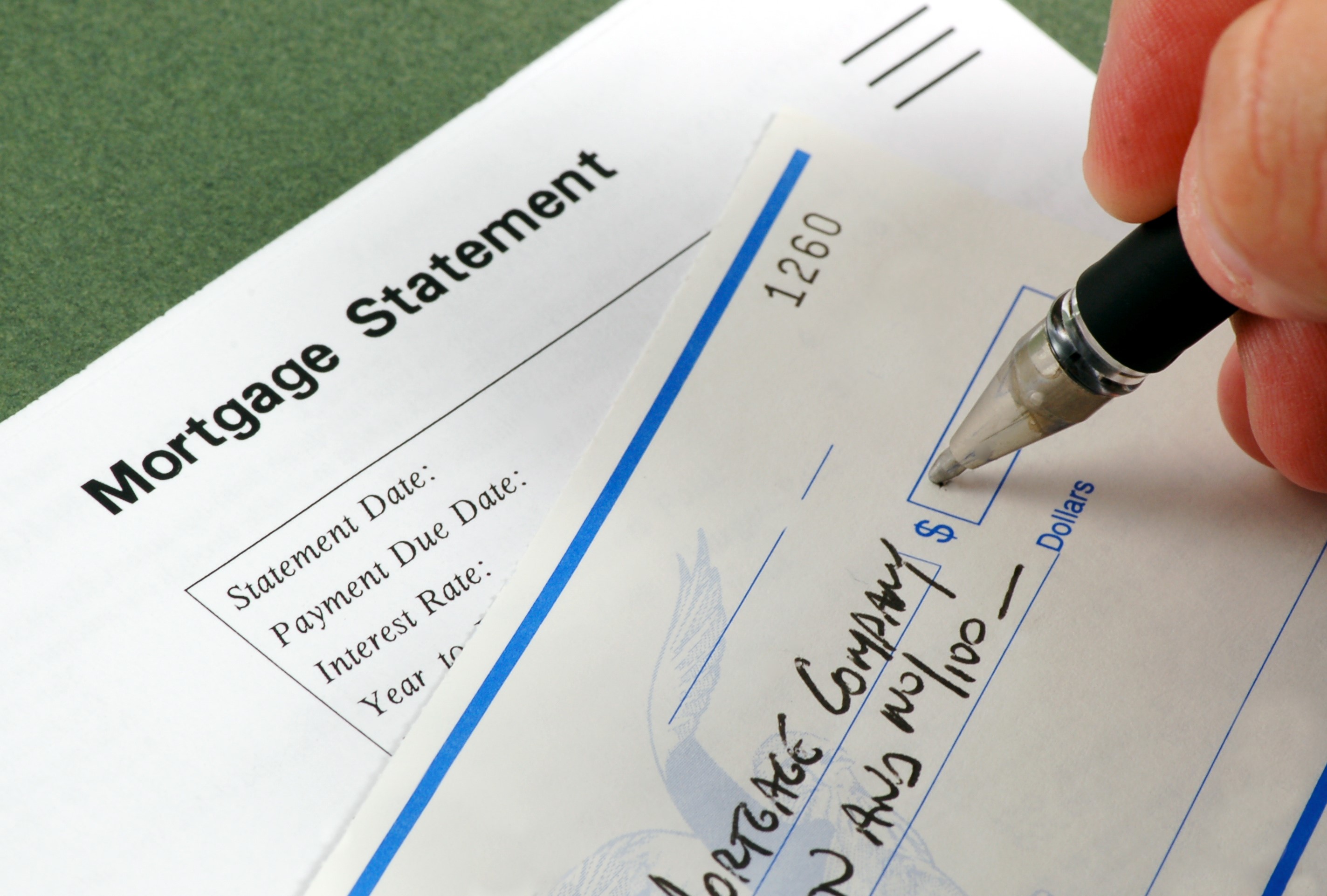Manufactured vs. Modular Homes
When it comes to residential construction, there is a wide range of housing options to suit different needs and preferences. Among these...
.jpg)
Whether you are looking to purchase your first home, hit the streets in a new car, or apply for a new credit card, the status of your credit score is a key factor all financial institutions and lenders will look at to determine if you are a good financial borrower. With a higher score, you could qualify for more financing on a home mortgage, lower your APR (Annual Percentage Rate) on an auto loan, or land a new credit card loaded with new rewards and features. With a lower score, however, you may be considered more of a risky borrower, and therefore potentially miss these great benefits.
It is worth noting that on May 1st, 2023 Fannie Mae and Freddie Mac made changes to their Loan-Level Price Adjustments (LLPAs) to assist borrowers with lower credit scores. These changes may make it easier for some borrowers to qualify for a home loan, even if they have a lower credit score. However, it is still important to work on improving your credit score to ensure you get the best loan terms possible. Fortunately, there are moves you can make today that can have a significant impact on tomorrow’s credit score.
Here are five easy ways to improve your FICO credit score:
By learning when your credit card issuer reports your payment history to the credit bureaus, you can be in a better position to make payments ahead of time. By doing so, you reduce your credit utilization ratio. This is the amount of credit you have used versus the amount of credit you have available to you. Experts recommend keeping your utilization rate at or below 30%. So, if your balance is a bit higher, you can make a payment before that report is released, to maintain a healthy balance.
Speaking of credit utilization ratios, if you have multiple credit cards with a running balance, begin to look at which cards have the highest credit utilization ratio (those above 30%) and make payments on those cards before ones with lower usage ratios. By doing so, you will be able to knock down the debt on cards that have the highest ratios first. When you have months where you can pay a little more, make a small payment on the other cards with balances.
It is not exactly savvy to overpay for anything. But in the case of paying on your credit card, it makes a lot of sense. And your credit score will thank you. Because when you can afford to make an extra payment or make a payment that is higher than the minimum amount due for that month, the credit report positively reflects that action. This shows that you have exceeded the minimum payment and know how to adequately manage your finances. What is more, you knock down your balance even quicker.
Remember, your credit utilization rate is key to maintaining a good overall credit score. So, in addition to paying on time (or more than once during a period) and meeting (or exceeding) minimum payments on your credit card, you can also call your issuer and ask for a credit limit increase. This means the new limit available to you is now higher than the previously available amount, thereby lowering your credit utilization ratio. But be careful, as more credit can lead to more debt. This method is only recommended for those with an already good credit score.
In addition to staying within your financial means, paying your bills on time, and maintaining a solid credit utilization rate, you also want to ensure you have a healthy range of credit. By this, we mean lines of credit beyond just a credit card. You take out a small personal loan, you opt for a car loan versus purchasing a vehicle outright, or you open up a new credit card even if you do not necessarily intend on using it much. By proving to the credit bureau that you are an astute financial consumer, and therefore a low-risk debtor, your credit score will be directly reflective.
These are just a few of the ways you can improve your overall credit score. Improving your credit score can seem like a daunting task, but by implementing these five simple moves, you can positively impact your financial future. However, we understand that everyone's situation is unique, and you may have questions about your specific credit and home loan options. CapCenter's team of experts is always available to go over your situation with you and help you determine the best course of action to make your home ownership goals a reality. Don’t hesitate to reach out to us for personalized guidance and support.

When it comes to residential construction, there is a wide range of housing options to suit different needs and preferences. Among these...

As a first-time home buyer, there can be so many new concepts, options, and terms flying around, it can sometimes feel a bit overwhelming. And...

As a first-time home buyer, there can be so many new concepts, options, and terms flying around, it can sometimes feel a bit overwhelming. And...

Thecredit scoreyou need to buy a house depends on a few things, including the lender you apply to and the loan program you apply for. An FHA loan,...

T he loan limit in your area depends on a few things, including the loan program you apply for. Each program has its own limit, but most people...

3 min read
When shopping mortgage quotes, principal and interest are likely where you’ll find the biggest difference(s). But your mortgage payment consists...